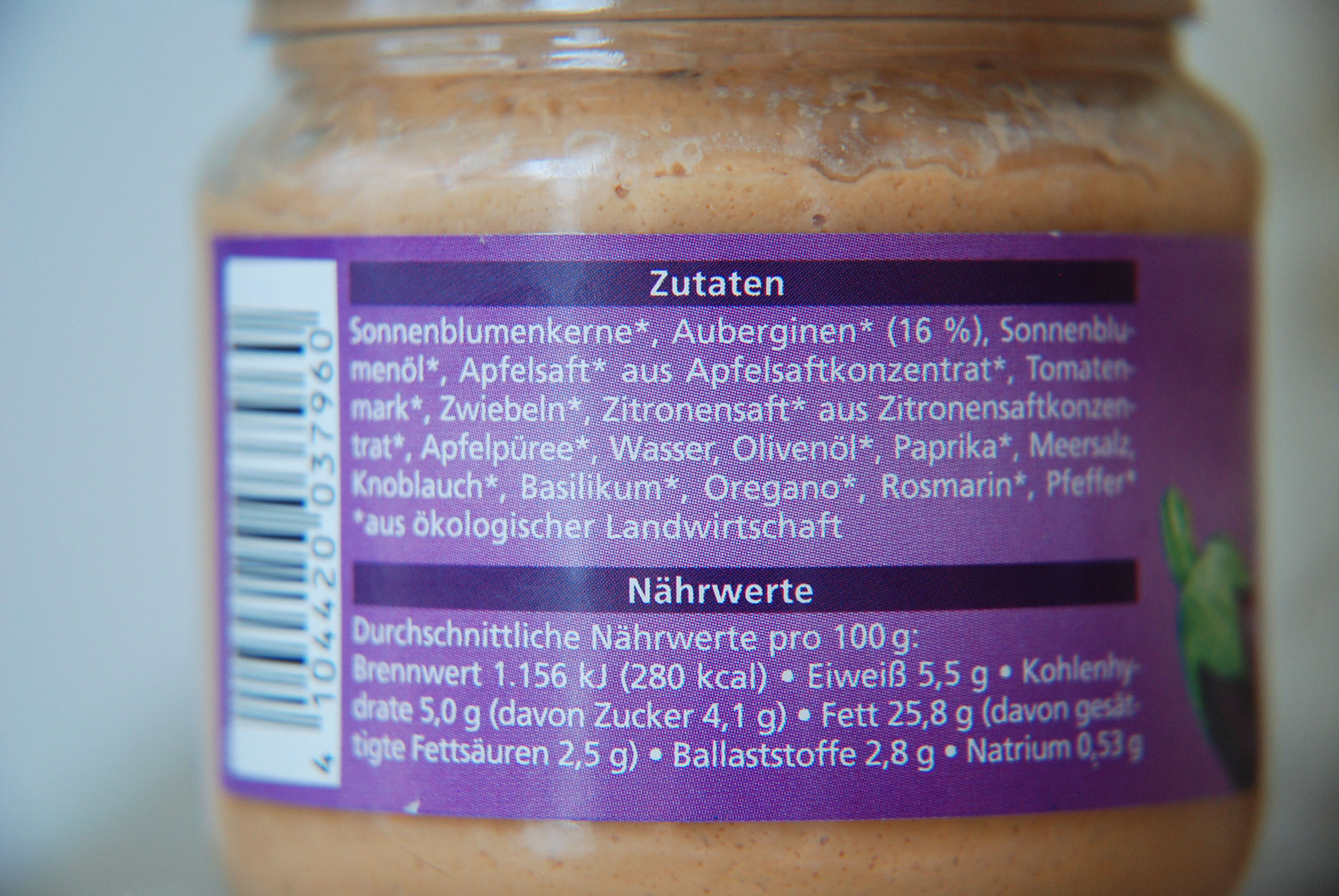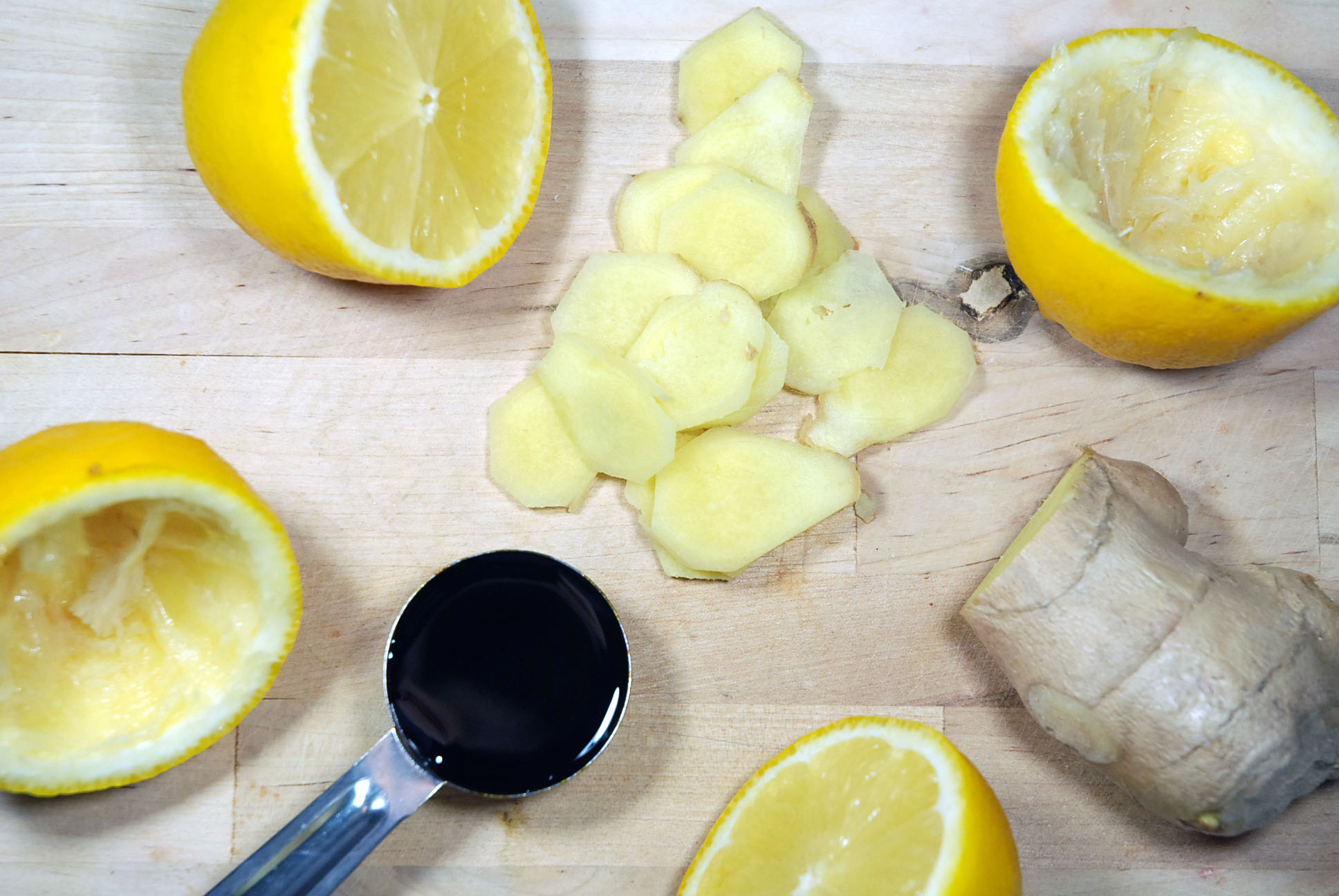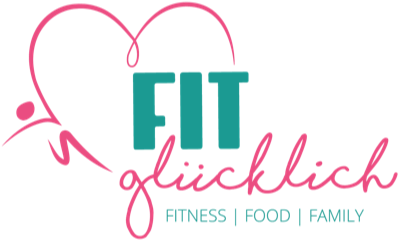Wie schon öfter erwähnt geht es beim Clean Eating nicht darum, Ernährungspläne zu erstellen, alle möglichen Nahrungsmittel zu streichen oder die Kalorien drastisch einzuschränken. Ich möchte euch hier auf meinem Blog Schritt für Schritt kleine Tipps und Änderungen geben, wie ihr gesünder und trotzdem lecker essen könnt!
Today marks the start of the eating part of my Better Me Programme. As already mentioned I won’t give you detailled eating plans, cut out lots of „bad“ food or cut your calories. Instead I want to give you tipps and small changes you can make to eat healthier (and still yummy food!!)

Meine heutige Aufgabe für euch: lest bei allem was ihr kauft die Zutatenliste!! Nicht die Nährwerteliste, sondern wirklich die Zutaten.
My first task for you: read the ingredient list of all your eats (you buy)!! Not the nutrition facts, the ingredients.

Und auf was achtet man dabei? Hier die wichtigsten Punkte:
And what am I looking for? Here are the main points to look at:
- Individuell betrachten / Consider individually
Schaut euch jede einzelne Zutat genau an. Wisst ihr was das ist? Würdet ihr es auch einzeln kaufen um damit zu kochen? Wenn ihr die Zutat nicht aussprechen könnt, nicht kennt, oder wisst das es sich um einen sehr verarbeiteten Zusatzstoff handelt – Finger weg!
(ein Beispiel: Tomatensauce > wenn die Zutaten sind „Tomaten, Olivenöl, Knoblauch, Basilikum“ > die kennt ihr alle oder? Und würdet ihr einzeln auch kaufen um zu kochen. Wenn da jetzt aber steht „Tomaten, Olivenöl, Knoblauch, Basilikum, Maltodextrin, E318“ kauft ihr es nicht, weil ihr Maltodrextrin oder E318 (keine Ahnung was das ist, habs nicht nachgeschlagen) nicht separat kaufen würdet.
You look at each ingredient on its own. Do you know it? Would you buy it on its own to cook with it? If you can’t pronounce an ingredient, don’t know it or know that its a processed additive – don’t buy it!
(an example: tomato sauce > if the ingredients are „tomatoes, olive oil, garlic, basil“ > you know all of them right? And you would buy them individually to cook with them. But if the label says „tomatoes, olive oil, garlic, basil, maltodrextrin, E318“ you wouldn’t buy it, because maltodextrin and E318 (no clue what this is) is nothing you would buy individually.
- Reihenfolge / Order
Die Reihenfolge der Zutaten muss immer nach dem Mengenanteil geordnet angegeben werden, beginnend mit dem höchsten Wert. So weit so gut, damit kann man schon einmal viel anfangen (oft findet man zum Beispiel Zutaten die man als eine Hauptzutat vermuten würde erst ganz am Ende der Liste! Oder man findet „tolle“ Zutaten („in“ ist z.B. Spirulina) auf der Liste, aber ganz hinten, dh sie sind in einem minimalen Ausmaß enthalten).
The order of the ingredients has to be according to the quantity, starting with the main ingredients. That already says a lot (sometimes you’ll find ingredients that you would suppose to be at the beginning at the very end of the list! or you find „great“ ingredients (Spirulina is very in at the moment e.g.) on the list, but at the very ending, that means it could be only miniscule amounts of it)
- Versteckter Zucker / Hidden sugar
Zucker hat viele Namen und wird oft aufgeteilt. Das heißt man findet am hinteren Ende der Liste viele verschiedene Arten von Zucker. Und wenn man alle Mengen zusammen nimmt ist Zucker am Ende eine Hauptzutat, wenn nicht DIE Hauptzutat. Schockiert mich immer noch… einige Bezeichnungen von Zucker: alles was mit „ose“ endet (Fructose, Glucose, Saccharose…), Honig, alle Arten von Sirup (Ahornsirup, Maissirup…)
Sugar has lots of names and often is separated in different parts. So you’ll find a lot of different kinds of sugar at the end of the ingredient list. And if you add them all up sugar is a main ingredient, if not THE main ingredient. I’m still shocked about this discovery… some names of sugar: everything that ends with „ose“ (fructose, glucose, saccharose…), honey, all kinds of syrup (maple syrup, corn syrup…)
- Gehärtete Fette (Transfette) / Partially hydrated oils (transfats)
Transfette sind stark veränderte Fette, die nichts mehr mit der natürlichen Quelle zu tun haben. Der Körper erkennt sie aber nicht als chemisch verändert, sondern verwendet sie ganz wie natürliche Fette und baut sie überall im Körper ein wo es nötig ist. Da sie eine andere chemische Zusammensetzung haben als die natürlichen Fette ruft das allerlei negative Reaktionen im Körper hervor, z.B. Krebs. Achtet also bei den Zutaten darauf, nicht zu viele gehärtete Fette zu euch zu nehmen (am besten keine)
Transfats are partially hydrated oils which have nothing to do with their natural source. The body doesn’t recognize them as chemically different, so it uses them like natural fats. As they are indeed chemically different this can have lots of negative effects on the body, e.g. cancer. So watch your transfat intake.
- Mononatriumglutamat (MSG) / Monosodium Glutamate (MSG)
Industriell zugesetzte Geschmacksverstärker sind keine Gewürze, sondern chemische Substanzen, die unabhängig vom Aroma eines Nahrungsmittels ein künstliches Hungergefühl im Gehirn simulieren, um den Absatz theoretisch geschmacklich ungenießbarer Produkte zu ermöglichen. Es gibt unzählige negative Auswirkungen auf die Gesundheit (auf die ich hier nicht näher eingehen werde, googlet es wenn ihr mehr wissen wollt – ich warne euch aber gleich: es gibt Studien dafür und dagegen, man muss da wohl einfach auf seinen eigenen Bauch hören) Es gibt wie bei Zucker verschiedene Bezeichnungen für Glutamat: Monosodiumglutamat, Hefeextrakt, Natriumglutamat, Kaliumglutamat, Kalziumglutamat, Magnesiumglutamat (E 620-65) und Glutaminsäure.
Industrial added taste enhancers are no spices, but chemicals that regardless of the flavor of a food simulate an artificial feeling of hunger in the brain. This allows selling theoretically taste inedible products. There are countless negative health effects (to which I won’t go into detail, google it if you want to know more – but be warned: there are studies with different outcomes, like always: trust your own gut) Like for sugar it comes in different forms on labels: monosodium glutamate, yeast extract, sodium glutamate, potassium glutamate, calcium glutamate, magnesium glutamate (E 620 -65) and glutamic acid.
- Anzahl der Zutaten / Number of Ingredients
Es gibt Meinungen das es besser ist je weniger Zutaten ein Produkt hat. Dem stimme ich nur bedingt zu, denn wenn etwas 15 Zutaten hat, diese aber alle verständlich und „clean“ sind, was ist dann daran auszusetzen. Dieser Punkt ist also mit Vorbehalt zu betrachten.
There are opinions that a product is better the less ingredients it has. I’m a bit sceptic about this, because if something has 15 ingredients and each of them is „clean“, whats the problem? So this point is up to your opinion.

Das war jetzt etwas viel, ihr müsst auch nicht alles auf einmal anwenden. Ihr wollt eigentlich im Grunde „Zutaten“ kaufen, nicht verarbeitetes Essen, das ist das wichtigste. Das gehört zum Prinzip „Clean Eating„.
That was a lot, but you don’t have to include everything at once. You want to buy „ingredients“, not prepared food, thats the main point. Thats part of the „clean eating“ principle.
Oh und was ihr vielleicht noch wissen solltest: Es gibt keine Vorgaben chemische Schadstoffe auf die Zutatenliste zu schreiben, Schwermetalle, Bisphenol-A, PCBs, Perchlorat und andere giftige Substanzen im Essen. Dadurch kann man als Hersteller viel schummeln und einen Zutatenliste danach verändern was man glauben soll das in dem Produkt ist!
And what you should know too: There is no requirement for food ingredients lists to include the names of chemical contaminants, heavy metals, bisphenol-A, PCBs, perchlorate or other toxic substances found in the food. As a result, ingredients lists don’t really list what’s actually in the food, they only list what the manufacturer wants you to believe is in the food.
Schaut ihr schon auf die Zutatenliste? Auf was achtet ihr?
Are you already reading the ingredient list? What are you looking at?



